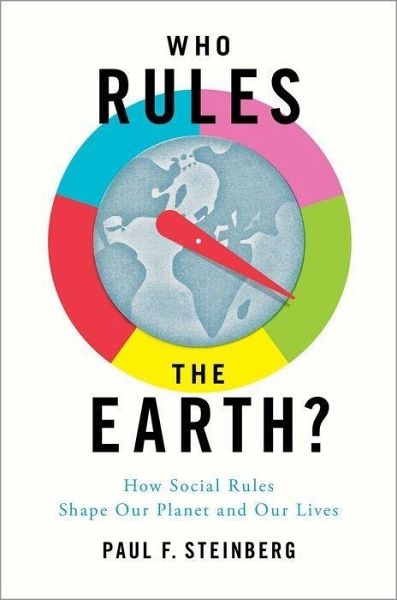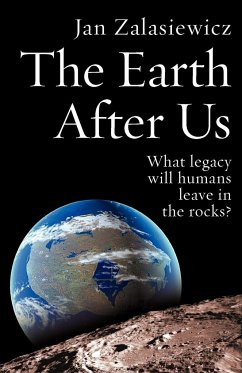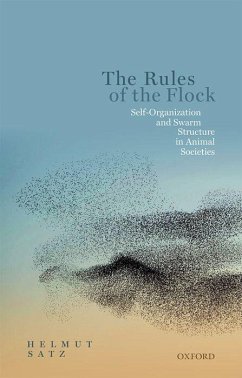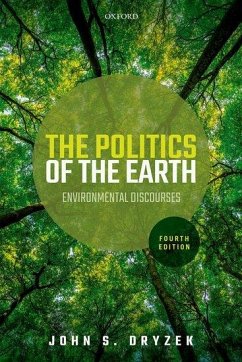
Who Rules the Earth?
How Social Rules Shape Our Planet and Our Lives

PAYBACK Punkte
21 °P sammeln!
"Climate change and its attendant environmental catastrophes--droughts, wildfires, floods, heat waves, and so on--are no longer a looming threat; they're here, now. In this age of well-warranted environmental panic, every trip to the grocery store or purchase from Amazon must become a full-scale research project. Are these tomatoes local? Is this water bottle BPA-free? Did I remember to bring a canvas tote, or will I have to risk contributing to landfills by accepting a plastic bag? The ethos that one person's choices can make a difference is admirable, but ultimately misguided. In Who Rules t...
"Climate change and its attendant environmental catastrophes--droughts, wildfires, floods, heat waves, and so on--are no longer a looming threat; they're here, now. In this age of well-warranted environmental panic, every trip to the grocery store or purchase from Amazon must become a full-scale research project. Are these tomatoes local? Is this water bottle BPA-free? Did I remember to bring a canvas tote, or will I have to risk contributing to landfills by accepting a plastic bag? The ethos that one person's choices can make a difference is admirable, but ultimately misguided. In Who Rules the Earth?, Paul F. Steinberg, one of America's leading scholars on the politics of environmentalism, draws from the latest social science research to explain why there is room for hope. Green consumer choices and changes in personal lifestyles are important, but they are not nearly enough. Lasting social change requires modifying the very rules that guide human behavior and shape the ways we interact with the Earth. We know these rules by familiar names like city ordinances, product design standards, purchasing agreements, public policies, cultural norms, or national constitutions. Though these rules are largely invisible to us, their impact across the world has been dramatic. By changing the rules, the Canadian province of Ontario cut the levels of pesticides in its waterways in half. The city of Copenhagen has adopted new planning codes that will reduce its carbon footprint to zero by 2025. In the United States, a handful of industry mavericks designed new rules to promote greener buildings, and transformed the world's largest industry into a more sustainable enterprise. Steinberg takes the reader on a series of journeys, from a familiar walk on the beach to a remote village deep in the jungles of Peru, helping the reader to "see" the social rules that pattern our physical reality and showing why these are the big levers that will ultimately determine the health of our planet. Unveiling the influence of social rules at all levels of society-from private property to government policy, and from the rules governing our oceans to the dynamics of innovation and change within corporations and communities-Who Rules the Earth? is essential reading for anyone interested in bringing about real environmental change"--













